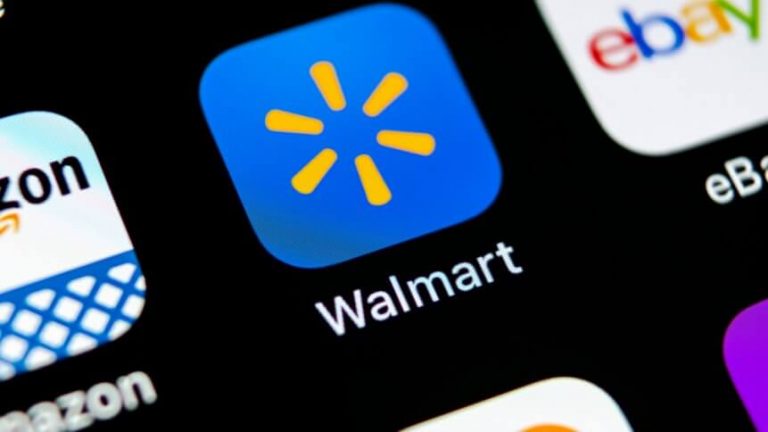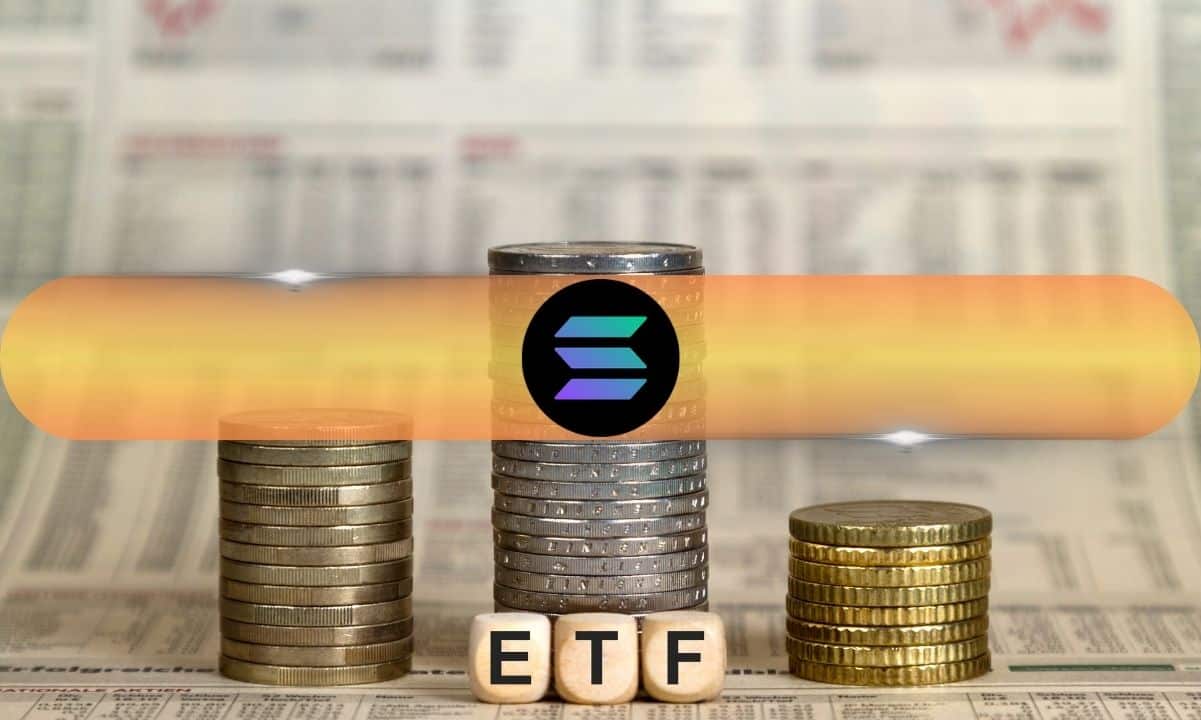Walmart-Backed OnePay to Roll Out Crypto Trading as “Everything App” Ambitions Grow


OnePay, the fintech firm majority-owned by Walmart, is preparing to add cryptocurrency trading and custody to its mobile app later this year, CNBC has learned.
The move will allow users to buy, sell, and hold bitcoin and ether directly inside the app, with the help of startup Zerohash, according to people with knowledge of the matter who declined to be identified before an official announcement.
Building Toward the “Super App”
Founded in 2021 by Walmart and venture firm Ribbit Capital, OnePay has steadily layered services onto its platform as it aims to become an American “super app,” comparable to China’s WeChat or Southeast Asia’s Grab. Its services now include high-yield savings accounts, credit and debit cards, buy-now-pay-later loans, and even wireless plans.
Register for Tekedia Mini-MBA edition 18 (Sep 15 – Dec 6, 2025): registration continues.
Tekedia AI in Business Masterclass opens registrations.
Join Tekedia Capital Syndicate and co-invest in great global startups.
Register for Tekedia AI Lab: From Technical Design to Deployment.
OnePay strengthens its pitch as a one-stop destination for financial and lifestyle services by adding crypto. Customers will soon be able to hold bitcoin and ether in-app, convert digital tokens into cash, and spend balances on purchases or use them to pay off card debts.
Although spokespeople for New York-based OnePay and Chicago-based Zerohash declined to comment, insiders said the move is considered a “core offering” in the company’s growth roadmap.
The timing reflects a broader shift in Washington. Since President Donald Trump’s election, federal regulators have adopted a friendlier stance toward digital assets, giving financial firms more room to innovate.

Wall Street giants are seizing the opening. Last month, Morgan Stanley announced it would soon allow retail investors to trade crypto through its E-Trade subsidiary.
Zerohash, meanwhile, is positioning itself at the center of this transformation. The company raised $104 million last month from financial heavyweights, including Morgan Stanley and Interactive Brokers, part of its plan to become the default back-end provider for banks and brokers entering crypto.
Competing in a Crowded Market
The expansion comes amid intense competition for OnePay. Most of its rivals — from PayPal and Venmo to Block’s Cash App and Robinhood — already offer crypto trading.

Even so, OnePay’s rapid ascent has been striking. It is now ranked No. 5 on Apple’s App Store list of free finance apps, ahead of JPMorgan Chase, Robinhood, and Chime. The handful of apps above it, including PayPal and Cash App, all offer crypto, suggesting OnePay’s move is designed to close one of its last major product gaps.
OnePay also enjoys a unique distribution advantage through Walmart’s retail footprint. The app is integrated directly into Walmart’s physical and online checkout process, exposing it to the 150 million Americans who shop at the retailer every week.
Crucially, Walmart structured OnePay as an independent company to ensure it could expand beyond Walmart’s core customer base and appeal to Americans underserved by traditional banks.
Risks and Challenges Ahead
The crypto industry remains volatile, and even with a friendlier political climate, future administrations or regulators could revisit stricter oversight. That risk is compounded by the fact that cryptocurrencies like Bitcoin and Ether can swing sharply in value, potentially deterring mainstream consumers who are new to digital assets.
Integrating crypto seamlessly into OnePay’s broader suite of services could also prove challenging. Analysts have pointed to execution as a critical factor that will significantly determine its success. This is because glitches, compliance missteps, or security issues could erode the trust OnePay has built among its growing user base.
Finally, by moving deeper into crypto, OnePay risks exposing itself to the same reputational and regulatory pressures that have dogged larger players. Apps like PayPal and Robinhood have faced questions over consumer protections and transparency in their crypto products. Similar scrutiny could quickly follow OnePay as it scales.
However, the addition of crypto underscores OnePay’s ambition to become an all-in-one hub for finance and payments, marking Walmart’s most expansive foray yet into digital banking. It is believed that in a financial landscape where the lines between retailers, banks, and fintechs continue to blur, OnePay’s move is as much about future-proofing as it is about growth.





